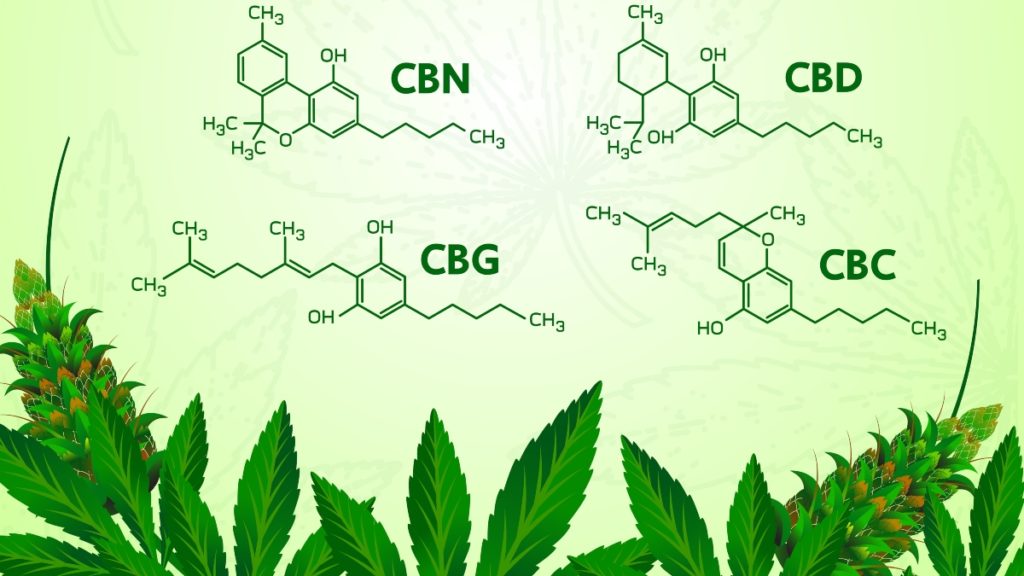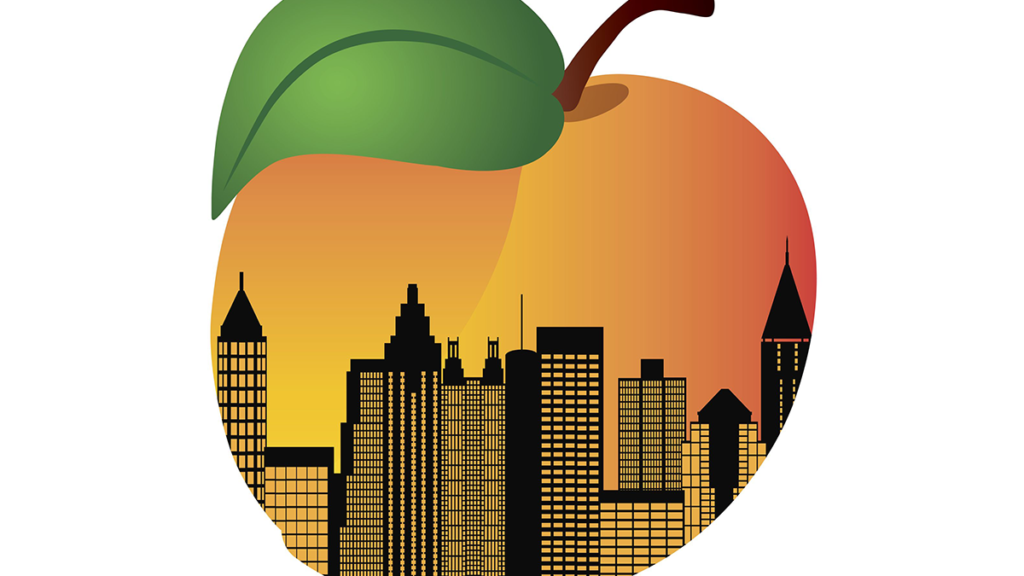Meet the top dogs at Heroes of the Farm! Mr. Tony Chubbs Job Title: CEO, Boss, Farm Regulator, and Farm Mascot Job Responsibilities: Day-to-day activities include overseeing all farm staff, barking at every car that enters the property, running the show, and being an overall bada**. Mad Maxine Job Title: CEO in Training Job Responsibilities: […]
Medical Marijuana
All posts from 'Medical Marijuana' category
A version of this story appeared earlier on Marijuana Business Daily International. Australia has amended its narcotics law to put hemp exporters in a position to “come out firing” after the COVID-19 crisis eases, the country’s agriculture minister said. The change aims to facilitate trade and growth of export markets for low-THC hemp and medicinal […]
Officials from the National Credit Union Administration have outlined additional information on serving legal hemp businesses. A letter issued this week points out that hemp-related businesses have also been affected by the COVID-19 pandemic and that it is “important that credit unions stay current with the federal, state and Native American tribal laws and regulations […]
A Canadian biotechnology hemp company is entering an agreement with a Spanish company to produce and distribute a THC-free, high -CBG variety of the plant in Canada. Ottawa-based Cannabis Orchards’ partnership with Hemp Trading to get the hemp variety, called Panakeia, into the Canadian market comes after “successful distribution” of it in the United States, […]
Multistate marijuana operator Acreage Holdings is getting $100 million to shore up a hemp-focused subsidiary, part of a restructuring announced Thursday with Canadian marijiana giant Canopy Growth Corp. Canopy announced plans tro acquire Acreage last year. The restructuring includes a loan from Canopy so that Acreage’s hemp subsidiary, called Acreage Hempco, can “participate in the […]
Investors looking for a cannabis investment with less risk than the THC market have been snapping up hemp investments. But with falling crop prices, regulatory uncertainty, and a pandemic that has put the brakes on retail sales, it’s become a foggy picture for investors. It’s not all bad, however. There are still potential investment opportunities […]
The United Kingdom has down-scheduled Epidyolex to the lowest level of control for drugs, greatly easing restrictions on the cannabidiol medicine and reducing red tape for companies that supply it. The new classification came into force Wednesday. “This will reduce administrative processes for companies wanting to supply Epidyolex to patients with severe epilepsy,” according to […]
Hemp Industry Daily Conference Direct, scheduled for June 29th through July 1st, offers a state-of-the-art, immersive and interactive educational experience that delivers an unprecedented educational track for business professionals in the hemp industry. The conference will feature more than 30 Live and On-Demand sessions exploring the industry’s biggest issues and emerging opportunities for hemp business […]
Hemp Industry Daily Conference Direct, scheduled for June 29th through July 1st, offers a state-of-the-art, immersive and interactive educational experience that delivers an unprecedented educational track for business professionals in the hemp industry. The conference will feature more than 30 Live and On-Demand sessions exploring the industry’s biggest issues and emerging opportunities for hemp business […]
A measure setting up licenses to posses hemp, not just grow it, awaits the governor’s signature in Georgia. State lawmakers approved legislation that would require a license for possessing hemp, whether it’s cultivating, transporting, or selling the plant. The bill approved Monday now heads to Gov. Brian Kemp for his signature, the Savannah Morning News […]










